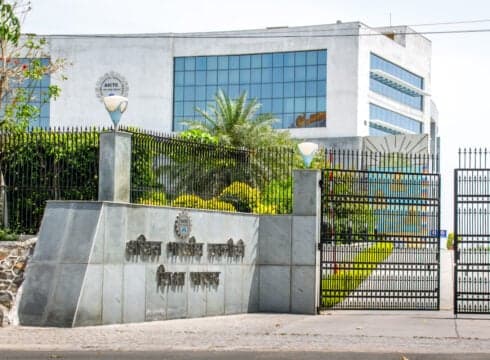“We have given approvals to universities and colleges to offer degree and diploma programmes but they are supposed to offer it on their own and not piggyback on private companies or outsource their job to any third party,” said AICTE chairman Anil Sahasrabudhe
Last month, the Ministry of Education had issued an advisory notice with a set of warnings for parents who might be considering such edtech services for their children
Earlier this month, IAMAI had formed the India EdTech Consortium (IEC), a self-regulatory body to ensure that all member bodies stick by a code of conduct
Inc42 Daily Brief
Stay Ahead With Daily News & Analysis on India’s Tech & Startup Economy
According to AICTE (All India Council for Technical Education) chairman Anil Sahasrabudhe, edtech startups should not offer diploma and degree courses.
AICTE is a statutory body and national council for technical education, under the Department of Higher Education.
“We are not against edtech companies, but they cannot be allowed to delve into areas that are not their domain. Norms are norms,” said Sahasrabudhe to the PTI in an interview.
“We have given approvals to universities and colleges to offer degree and diploma programmes but they are supposed to offer it on their own and not piggyback on private companies or outsource their job to any third party,” added Sahasrabudhe.
Last month, the Ministry of Education had issued an advisory notice with a set of warnings for parents who might be considering such edtech services for their children.
According to the advisory, instances of edtech startups luring parents with the promise of free services before getting an electronic fund transfer (EFT) mandate signed have come to the notice of the Department of School Education and Literacy.
The advisory recommended that parents exercise necessary due diligence before signing up for any edtech service. It also recommended avoiding auto-debit subscription-based payment methods.
Such concerns have spurred the Internet and Mobile Association of India (IAMAI) to form the India EdTech Consortium (IEC), a self-regulatory body to ensure that all member bodies stick by a code of conduct.
Members of the consortium include BYJU’s, Careers 360, Great Learning, Harappa, Times Edutech & Events Ltd, Scalar, Simplilearn, Toppr, Unacademy, upGrad, Vedantu and WhiteHat Jr.
IEC’s code of conduct will follow three key principles:
- No misselling of products and services
- Ethical marketing and communication
- Ethical financing policies
It will form an independent body of experts, including jurists, government officials, and industry experts. This body will take action based on the complaints filed on a portal that the IEC will open for the public.
Any actions thus undertaken will be based on a two-tier redressal mechanism. Once the IEC receives a complaint, it will first contact the company in question to see whether steps have been taken to address the issue. The body will then decide whether the steps taken were adequate or not and take further action depending on that.
{{#name}}{{name}}{{/name}}{{^name}}-{{/name}}
{{#description}}{{description}}...{{/description}}{{^description}}-{{/description}}
Note: We at Inc42 take our ethics very seriously. More information about it can be found here.


